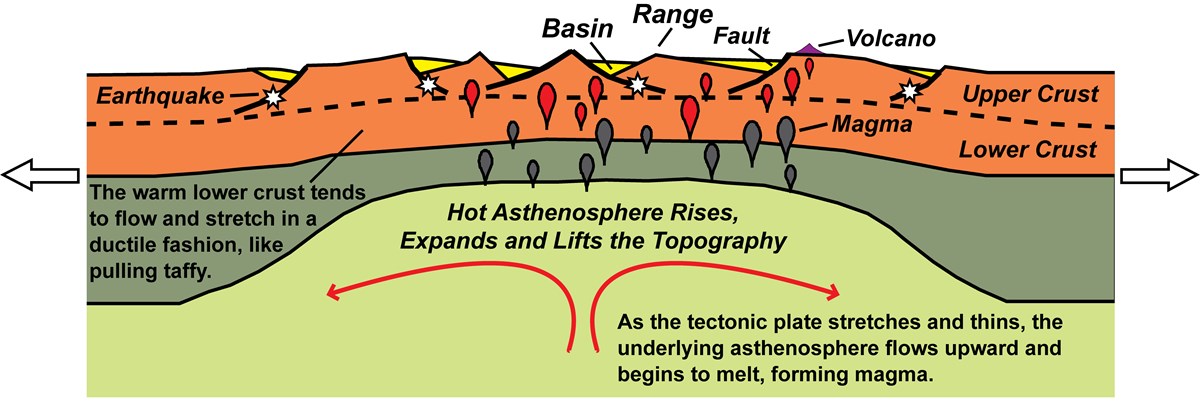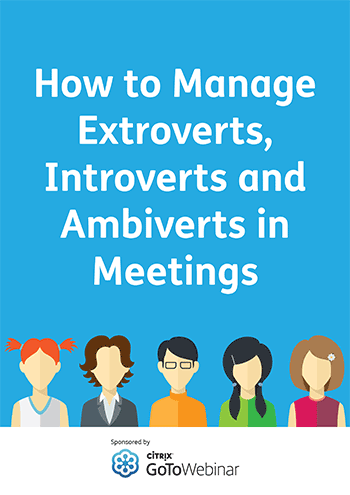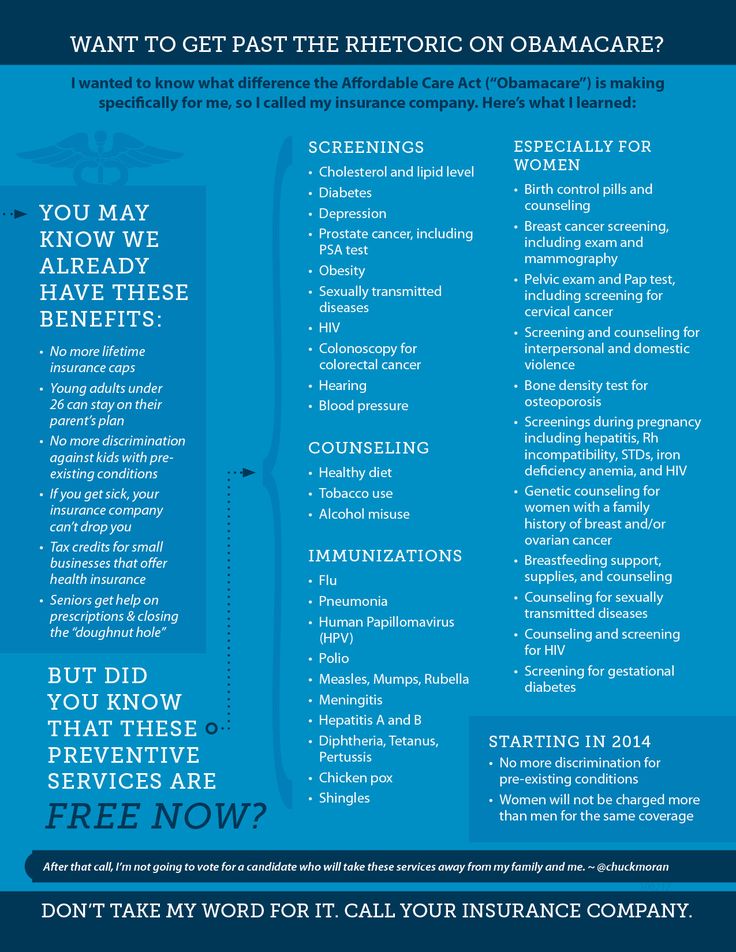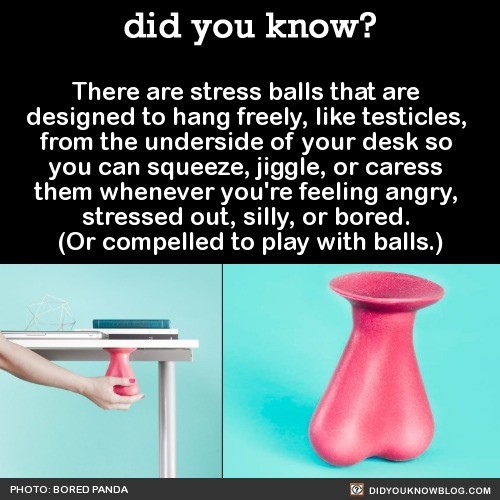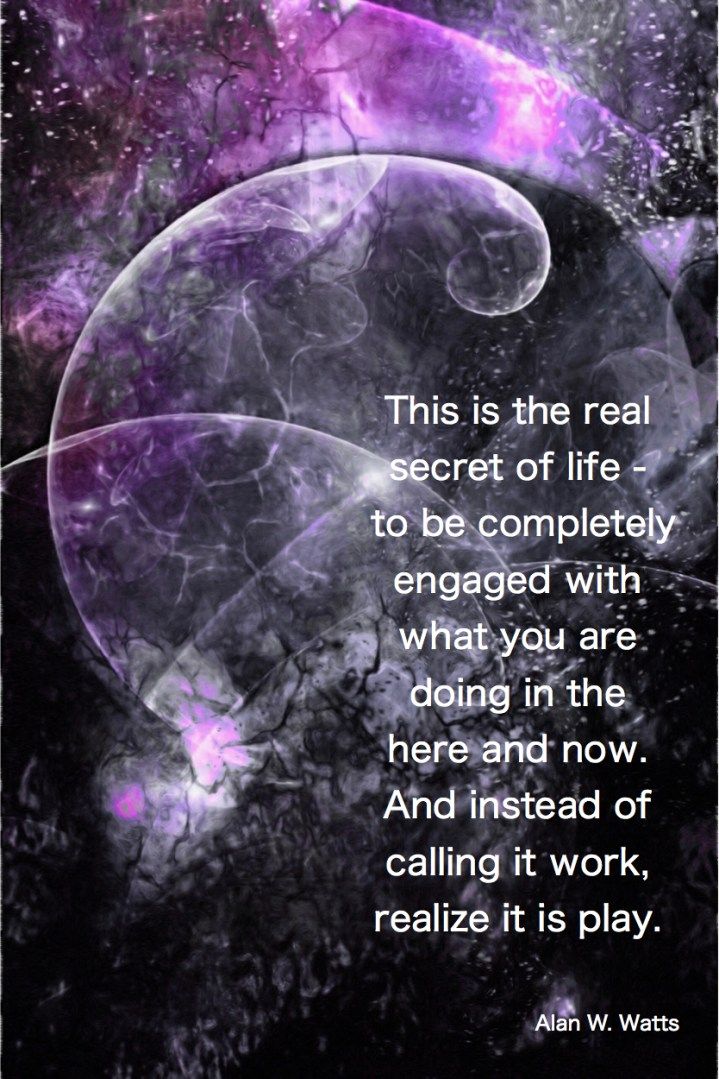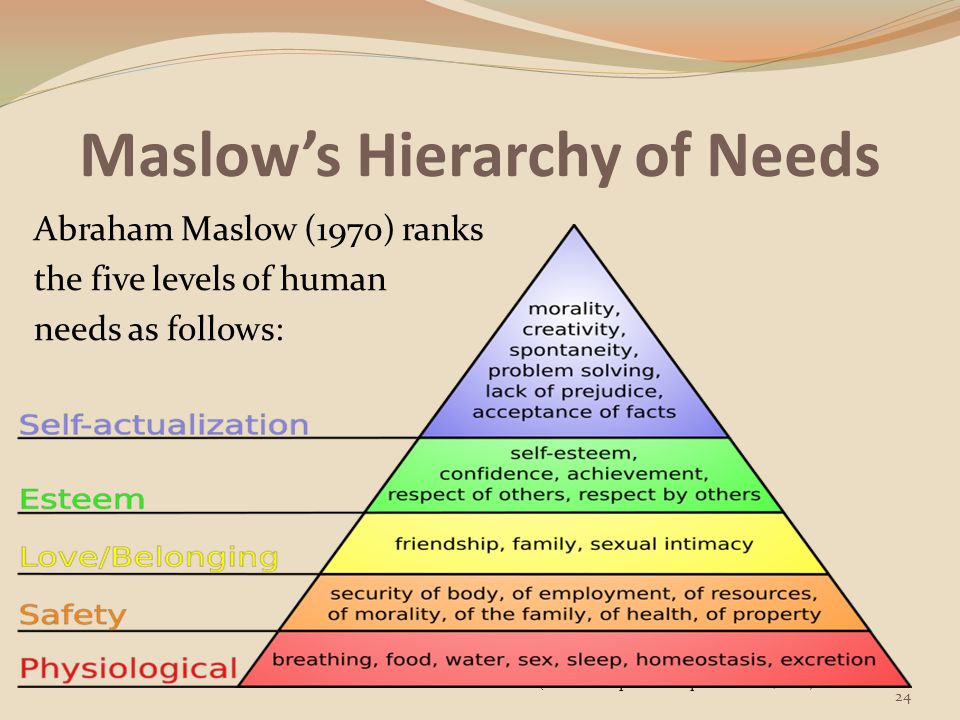Why am i frustrated for no reason
WHEN YOU FEEL ANGRY AND DON’T KNOW WHY | 5 REASONS WHY YOU’RE FEELING ANGRY
Sometimes it’s clear why we feel angry, but a lot of the time, we react angrily to something and later think, “Why did I get so mad?” Maybe you feel angry all the time or feel angry for no reason. Or maybe you’re noticing an undercurrent of anger and resentment in your day-to-day life or that you seem to get mad way too easily. I’m going to go out on a limb and say this: if you’re noticing that you’re feeling anger, resentment and frustration on a daily basis, there’s something you need to fix. Today I’m going to teach you the five real reasons you’re feeling angry so you can make some real changes.
First things first, anger is a healthy emotion! Anger can be motivating and a reasonable response to a threat to your physical well-being. However, anger should dissipate once the threat is gone. If you feel angry again days or years after an event, you’re feeling resentful. “Re” at the beginning of a word means “again,” so you’re literally re-sensing or re-feeling something (in this case anger).
7-minute read
Prefer to listen to the podcast? Click here!
“Anger can be a lot like alcohol: too much of it can become addictive and ruin your life.”- Dr. Robert Enright
So again, if you feel angry, resentful or frustrated on the daily, then there’s definitely something else going on that you need to uncover! For example, if everything your mom says to you feels like an attack or if you often notice that the level of your angry response doesn’t fit the situation, it’s time to stop, take stock and figure out what’s really going on.
The Five Real Reasons You Feel Angry1. You Feel Angry Because You’re AfraidI’m always quoting author Celeste Ng who said, “Anger is the bodyguard of fear.” When you’re feeling anger or resentment, ask yourself these two questions:
- What else am I feeling right now? What’s below this anger?
- What am I really afraid of?
We’re afraid of all kinds of things but they generally boil down to our fear of abandonment and rejection, which are age-old hard-wired fears that we need to identify so we can stop reacting to them. We’re ultimately afraid that our partners are going to leave us and that we’ll be alone.
We’re ultimately afraid that our partners are going to leave us and that we’ll be alone.
When you’re angry at something, you’re really saying you fear it or your reaction to it. If you hate your ex, you’re saying you fear them or your reaction to them.
2. You Feel Angry Because You Have Poor BoundariesPoor boundaries are at the heart of just about every angry, resentful or frustrated feeling you have and there are a few ways poor boundaries show up. Maybe you’re saying “yes” to things when you really want to say “no!” Maybe you feel like you have to do things for family, friends or at work so you’re acting like a victim or allowing yourself to be treated poorly.
When you’re a people pleaser you’re left feeling mentally and physically exhausted and then resent those that are “making you feel that way.” It’s not anyone else’s job to keep your boundaries. That’s your job!
When someone doesn’t respect your boundaries, it’s up to you to make sure you follow through with an appropriate response or consequence. If you’re blaming others for making you feel a certain way, you’ve got yourself some crappy boundaries and it’s time to get clear on your standards and hold those boundaries steady.
If you’re blaming others for making you feel a certain way, you’ve got yourself some crappy boundaries and it’s time to get clear on your standards and hold those boundaries steady.
Another way your poor boundaries are showing up is if you think that the only way others listen to you is if you lose your shit. Nope. Those are your crappy boundaries again. It’s not about them listening to you, it’s about you listening to you, holding your boundary and having a consequence for people who don’t respect it.
Yet another way these bad boundaries show up is in being a martyr in any way. You end up rationalizing: “I can’t take time off work because then I just have twice as much when I get back.” Or “Between taking care of the kids and my mom I don’t have any time for myself or self-care.” Yep… it’s this kind of stuff that feeds leads us to feel angry all the time or feel angry for no reason (it seems!).
3. You Feel Angry Due to an Underlying Mental Health IssueAnger, frustration and overwhelm are often signs of either undiagnosed or undertreated mental health issues. Angry outbursts are one of the key signs of depression that often get missed since people think of depressed folks as being quiet and not saying anything.
Angry outbursts are one of the key signs of depression that often get missed since people think of depressed folks as being quiet and not saying anything.
If you have anxiety, it’s easy to feel overwhelmed and then lash out at others. One of the symptoms of a substance abuse problem can also be lower frustration tolerance (I see this a lot with people who smoke a lot of pot) or angry outbursts.
It’s possible you’ve been diagnosed with one of these conditions but you’re not being treated effectively. This could be the wrong prescription or the wrong dose of a certain medication or that you’re not receiving the right type of counseling for your particular needs.
4. You Feel Angry Because You’re a Control EnthusiastWhen you’re trying to control the world and can’t, it’s easy to get annoyed. Maybe you don’t like how your partner is parenting your kids. Maybe you see a much easier way to do things at work, but no one will listen to you. Maybe you’re asking your kid to clean up after themselves and, once again, they leave the house and there’s still a mess in their room.
I’ve been very open with my own control issue struggles and I need to tell you that you’ve got to give up trying to control the world if you want to be happy. It’s time for some loving detachment and looking at why you feel this need to control situations and others. Once again, you’ll ask yourself those questions from earlier:
- What else am I feeling right now? What’s below this anger and need to control?
- What am I really afraid of?
Learning to deal with your control issues is paramount to finding peace and emotional regulation in your life and to help you not feel angry all the time or feel angry for no reason.
5. You Feel Angry Because You’re Masking GuiltLastly, you might feel angry at someone but don’t feel like you have permission to feel angry, so it’s coming out as displaced anger. For example, if your partner is an alcoholic who’s trying to get sober you might find yourself getting very angry at work where you feel more permission to be upset.
Or maybe you were raised by a single mom who worked three jobs but was never there. Intellectually you understand that she was amazing and worked hard to keep you fed and safe, but the kid in you feels abandoned and angry because she wasn’t around when you needed her. You feel guilty or even ashamed that you feel that way so, once again, that anger comes out somewhere else where you feel more permission to be angry. Or maybe you’re angry and resentful with your own kids when they look for more and more of your time.
“Holding onto anger is like grasping a hot coal with the intent of throwing it at someone; it’s you who gets burned.” – The BuddhaWrap UpLearning why you feel angry and what it’s truly covering up is the first step in moving forward to a healthier emotional life. But there’s other work to do. Next week, we’re going to be talking with Dr. Robert Enright about his incredible work with forgiveness. Since the first step in forgiving anyone is recognizing that you’re angry, you’re off to a great start. Join me next week with the man Time magazine called, “The Forgiveness Trailblazer” and learn this next step in moving on from your anger and resentment and stop feeling angry all the time or angry for no reason.
Join me next week with the man Time magazine called, “The Forgiveness Trailblazer” and learn this next step in moving on from your anger and resentment and stop feeling angry all the time or angry for no reason.
Boundaries: How to Identify Them and How to Hold Them
The Secret to Making Boundaries Not Walls
How to Say “No” and Stick to It
VIDEO: How to Say “No” and Stick to It
Your People Pleasing Might Be a Trauma Response
Loving Detachment
3 Steps to Loving Detachment
You’ve Got to Have High Standards and Low Expectations
What to Do If My Partner is Depressed (and How to Know If They’re Just Sad
What Anxiety Really Is and How to Deal with It
What to Do When Someone You Love is Struggling with Drugs and Alcohol
How to Deal with Your Control Issues
Ready to find out what goes on inside that crazy mind of Abby’s?Why Am I Always Angry? Causes, Signs, and More I Psych Central
Anger is a natural human emotion, but when it feels constant and unrelenting, it may be a sign of something more such as stress or anxiety.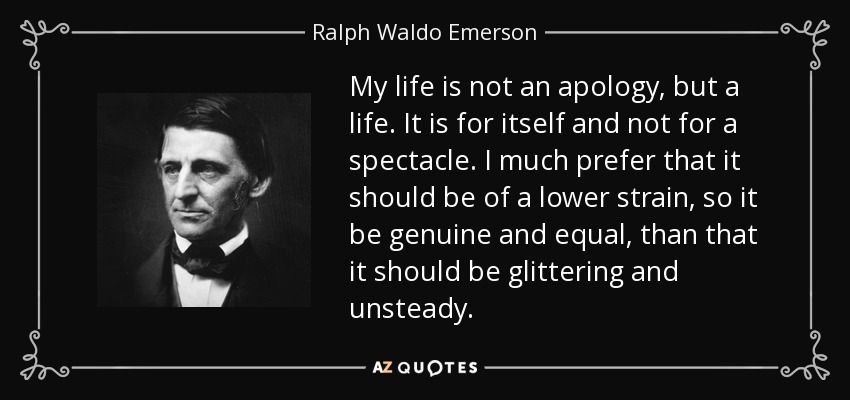
It’s OK to get angry. Life doesn’t always happen in the way you want or need, and anger is a natural response to feeling wronged.
In fact, anger is considered one of the basic forms of emotion, critical to survival. Anger can kick off your biological threat responses, activating everything from your cardiovascular system to your neurological system.
But anger that is constant, excessive, or uncontrollable may go beyond levels that are beneficial and instead hinder you in day-to-day functioning.
There are many reasons you might experience anger in the moment, but anger all the time might have underlying causes.
On-going oppression and ancestral trauma
Tavi Hawn, a licensed clinical social worker from Baltimore, Maryland, explains that constant anger can be a result of socioeconomic factors, particularly for marginalized groups.
“Members of groups that have historically been subjected to oppression often experience higher levels of daily stress related to systemic factors, such as poverty, health conditions, discrimination, and even hate crimes,” they note. “All these daily experiences combined can lead to feeling very angry as a response.”
“All these daily experiences combined can lead to feeling very angry as a response.”
Grief
Hawn also indicates that active, compounded, or unresolved grief can contribute to ongoing feelings of anger.
“Our society today, with a need to be working constantly to make a living, doesn’t allow space and time for many people to grieve,” they say. “Having to keep on moving without a break to process a loss, without others around you acknowledging the loss, can create unresolved grief which can cause constant feelings of anger.”
Expectations
While there may be many underlying causes that contribute to anger, Dr. Juli Kramer, a counseling psychologist specializing in Chinese medicine, indicates that persistent anger can often be traced back to expectations.
“Holding expectations is a dominant source of anger from my counseling experience,” she says. “Sometimes the expectations are realistic, but most often not. People feel a constant ‘let down’ when those expectations aren’t met. ”
”
Stress
Joni Ogle, a licensed clinical social worker from Los Angeles, lists several everyday reasons that can make you feel constantly angry when they happen over long periods of time.
These chronic stressors can include:
- feeling not in control or helpless
- being made to feel inferior
- not being listened to
- being disrespected
- feeling threatened
“But if you find yourself angry almost always, it might be worth considering whether there are other underlying issues at play,” she says.
Anger can be passive, assertive, or aggressive. It’s not always violent, and it doesn’t have to result in harm.
Everyone experiences and expresses anger in their own way. Common signs that you may be feeling anger include:
- elevated body temperature
- sweating
- rapid heartbeat
- muscle tension
- headache
- flushed skin
- clenched jaw
- chest constriction
- pacing
- yelling
- arguing
- sarcasm
- cursing
- physical expression (e.
 g., throwing or breaking objects, physical violence)
g., throwing or breaking objects, physical violence)
Signs of anger may be accompanied by emotions such as:
- humiliation
- disrespect
- insecurity
- rejection
- jealousy
- abandonment
- fear
You may also notice your thoughts move toward revenge, seeking justice, or wanting atonement.
Unrelenting anger can sometimes be a sign of a mental health condition.
While challenges with emotional regulation can be a symptom of several conditions, Ogle indicates that anger can often relate to:
- anxiety disorders
- depression
- bipolar disorder
- personality disorders
- substance use disorders
Conduct disorders, such as intermittent explosive disorder (IED) and oppositional defiant disorder (ODD), may also feature traits of anger and aggression.
“If you’re living with chronic anger, it’s important to talk with a mental health professional who can help you determine whether or not you have a mental health condition that might be contributing to your anger,” she says.
While it’s natural to experience anger, uncontrolled anger can have a negative impact on your life.
“People can start to avoid us because we’re not pleasant to be around or because our anger can be stressful to others,” Hawn states. “It can make it harder to compromise on things, which is key in relationships. Explosive anger can be scary to those around us and even be tied to abusive behaviors. It can end relationships altogether.”
In addition to social ramifications, uncontrolled anger can affect your physical and mental well-being. According to research from 2010, it may contribute to health challenges such as cardiovascular complications, diabetes, and eating disorders.
Understanding “why am I so angry?” is just one piece of the puzzle. In addition to finding where that emotion comes from, relief may require coping strategies.
Discovering the real emotion
Hawn recommends reflecting back when you realize you’re stuck in angry feelings.
They suggest, “Ask yourself: Is there another emotion that happened right before the anger? If so, what led to that emotion? How can I feel and honor that emotion? If not, what message is my anger giving me? Maybe a boundary was crossed, maybe I saw someone being mistreated or hurt and know it was unjust, etc. ”
”
Stepping away
If you’re always feeling angry during certain events or around certain people, it’s OK to step away.
Kramer suggests that removing yourself from the situation may be required when you’re angry. “Literally, they [should] excuse themselves and walk away,” Kramer says. “Easy to say, hard to do. Having an ally, someone with whom they have a code word or cues to help them know when to leave is helpful.”
Once you’ve stepped away, Kramer suggests box breathing:
- inhale for 4 to 7 counts
- hold your breath for 4 to 7 counts
- exhale for 4 to 7 counts
- repeat until the anger is diminished
Practicing relaxation techniques
“There are several relaxation techniques that can help you calm down when you’re feeling angry,” says Ogle. “Try things such as yoga, meditation, or deep breathing exercises. This is a good start to learning how to control your anger overall.”
Lifestyle changes and outlets
Ogle indicates that some lifestyle changes can help you manage anger.
“Eating well, getting enough sleep, and exercising regularly can all help to improve your mood and reduce stress levels,” she says.
Exercise, art, recreational hobbies, and sports can also be used as outlets when you find yourself wondering, “why am I so angry?”
Support
Sometimes anger requires the support and insight of a mental health professional.
Working with a therapist can help you uncover underlying causes of anger and can help you explore coping strategies that work for you.
You may also benefit from joining support groups, online or in person, where anger management strategies can be discussed in an empathetic setting.
Yes. Venting can be OK.
“It’s important to have an outlet for your anger, whether that means talking with a friend or writing in a journal,” says Ogle. “Venting allows you to express your anger in a safe and controlled way, without hurting yourself or someone else.”
But venting can be unhelpful if it’s used to lash out at or harm others, makes you feel angrier, or starts to happen as a regular method of expression.
Asking yourself, “why am I so angry” can be the first clue that your anger has stuck around longer than it should.
While there are many reasons for anger to become a constant in your life, socioeconomic factors, chronic stressors, and underlying mental health conditions may all play a role.
Long-term anger can negatively impact your mental and physical well-being, but coping strategies and support from a mental health professional can help.
About emotional burnout - Offtop on vc.ru
Oftop
RISE
From “what is it” to “how to overcome”.
14943 views
What is burnout?
Burnout syndrome is a process of loss of emotional and physical energy. In simple terms - there is no strength and desire to work.
In simple terms - there is no strength and desire to work.
This is not a disease, but rather a complex of psychological and physical problems, but psychologists have been using this term for a long time, and the problem itself has been well studied.
What are the signs of emotional burnout?
Feeling tired or powerless. You don't feel like engaging in complex activities like watching YouTube, playing video games, or procrastinating in any other way.
How is burnout different from depression?
Burnout is considered in relation to the patient's professional activity, while depression is a more general concept that affects all aspects of a person's life.
How to understand that you have emotional burnout?
Efficiency, creativity and the desire to achieve any results are falling. Also a frequent symptom is the unwillingness to communicate with the work team.
You can understand how much burnt out you are if you pass the Maslach burnout test. The test has separate options for office workers, doctors or executives.
The test has separate options for office workers, doctors or executives.
What are the causes of emotional burnout from the point of view of science?
Causes in the brain, he begins to experience problems with the transfer of "data" and stimulation of the necessary centers. What causes this to happen is different for each person.
For example, you may have a problem producing neurotransmitters because there are not enough bacteria in your gut to help with their synthesis.
How to overcome emotional burnout?
Change your life for the better: relax, change jobs, schedule, nutrition, recover from chronic diseases. Sounds like water, because the question is fundamentally wrong.
Where to start to overcome burnout?
Pass a basic examination (check-up, clinical examination) and go to a psychotherapist for diagnostics. This will allow you to understand your specific situation and draw up a scope of work.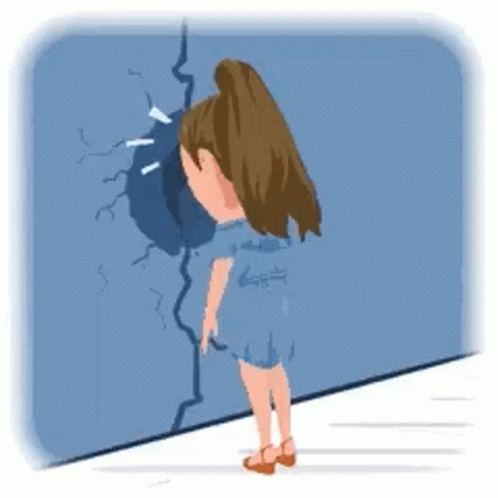
Something too short. What else to read or watch to delve into the topic?
An article on Habré about 12 years of freelancing, burnout, alcoholism.
Video from Evgenia Streletskaya for 37 minutes about the stages and treatment.
#Quick_FAQ is a series of posts where I collect all the most frequently asked questions on a particular topic, and then I select relevant, scientifically proven and working answers for them.
More interesting and useful information about brain biochemistry, learning and how to set yourself up for productive everyday life can be found on my telegram channel. Subscribe! I will be glad to see you among my readers.
I want to cry, but I can't: what kind of condition is this and how to be
The problem that our heroine faced, at first glance, may seem far-fetched. What is the problem? You need to exhale, tune in and just start crying. In the end, turn on a sad song. But what if it doesn't work and the inner tears keep piling up and piling up? We deal with the psychologist, body-oriented therapist Yulia Reshetnikova.
“I want to cry, but I can’t”: 4 main reasons
“Crying is a natural, inherent nature way to cope with internal tension, to live through pain and emotions,” the expert notes. - A small child cries all over, an adult more often holds back tears. If he cries, then only with his eyes.
Why is it difficult for adults to cry?
Due to accumulated internal bodily blocks
Quality crying is crying with the whole body. It starts in the abdomen and exits through the throat, causing tremors throughout the body. Shallow breathing, muscle tension, spasms in the diaphragmatic zone, and a throat block can interfere with this. And everyone has them, this is part of our growing up and character.
Because of conscious and unconscious beliefs that you shouldn't cry
Your parents could not stand your tears and tried to comfort you instantly - thus preventing you from crying. Or they condemned and denied your tears: “boys don’t cry”, “what are you like a nurse”, “what are you roaring”, “only weaklings cry”. First we hear these words from other people, and then they go to our inner voice - we say them to ourselves, forbidding tears.
First we hear these words from other people, and then they go to our inner voice - we say them to ourselves, forbidding tears.
Due to chronic stress and accumulated tension
If they accumulate for a long time, they violate our internal self-regulation, which is responsible for the alternation of excitation and inhibition. As a result, the body "gets stuck" in a state of tension and does not allow the body to cry.
Due to trauma and shock
If you feel threatened, your body activates survival mechanisms. It is physically difficult to cry on adrenaline and cortisol, and if it does, then these tears may not bring the desired relief.
Lack of tears: how old is this problem?
To solve the problem with tears, you must first answer one question: when exactly did it appear?
Situation 1: you have been living with her since childhood
If you have been wondering all your life, “Why can’t you cry when you want to?”, then you may not be able to recognize your vulnerability and get rid of the internal prohibition on tears. In this case, "refusal" of crying becomes a kind of defense of the psyche.
In this case, "refusal" of crying becomes a kind of defense of the psyche.
“If a person considers tears a manifestation of weakness, loses support when crying, feels devalued and an object of criticism, then this part of him will avoid tears in every possible way,” explains Yulia Reshetnikova. - He may think that tears are safe and will do him good, but his unconscious, vulnerable part will avoid them and create internal conflict.
Situation 2: A recent problem
“Sudden blockage of tears can be a symptom of acute stress and intense inner tension. Grief, fear, shock - many have faced and are facing these feelings, and they need to be lived so that they do not get stuck in the body. In these cases, it is especially important to help yourself cry, because the body has lost its usual way of discharge, ”the expert emphasizes.
How can you help yourself to “pour out” your emotions?
1. Practice breathing
The most important thing is breathing. When we hold something back, we do it by slowing down our breathing. To strengthen it means to increase contact with your feelings and their expression. Well in this case it helps to voice exhalations. Breathe in through your nose and breathe out loudly through your open mouth.
When we hold something back, we do it by slowing down our breathing. To strengthen it means to increase contact with your feelings and their expression. Well in this case it helps to voice exhalations. Breathe in through your nose and breathe out loudly through your open mouth.
2. Voice your feelings
Start complaining and vocalizing your feelings. You can try with the obvious question “I want to cry, but I can’t, why?”, And then move on. "I'm sad", "I'm tired", "I'm offended". Speak these feelings, try to feel contact with them. Allow yourself to feel sorry for yourself. If you have a person to whom you can speak out, then, of course, it is better to do this with him.
3. Have pity on yourself physically
Stroke yourself, hug yourself, cover with a blanket. Take a pillow, hug it and let your head rest relaxed on it. Rock yourself into this position.
4. Watch a movie whose message and characters resonate with you
5. Try My Inner Child
Place a pillow in front of you and imagine that it is you, only in early childhood. How does this child feel? What does he look like? What does he want? Get in touch with his feelings, then take this "child" and hug him. Have pity, kiss, promise that you will always take care of him.
How does this child feel? What does he look like? What does he want? Get in touch with his feelings, then take this "child" and hug him. Have pity, kiss, promise that you will always take care of him.
6. Intensify the tension
If the tension is too strong and it feels like that in the body, it is worth it ... aggravate it. Try to understand where you feel the tension and increase it through the muscles. Walk in this state until it becomes unbearable. Then abruptly throw it off your shoulders, stomp your feet, make repulsive movements with your hands.
Any vigorous physical activity will do - running, jumping, stomping. When tension is released, tears may come.
7. Shout or howl into a pillow
Should I force myself to cry?
“Tears are important for experiencing emotions. You can help yourself to cry, but it makes no sense to force - it is more like violence against yourself than care, - says the psychologist. - Tears are not an end in themselves, but a way to express something internal outside.
